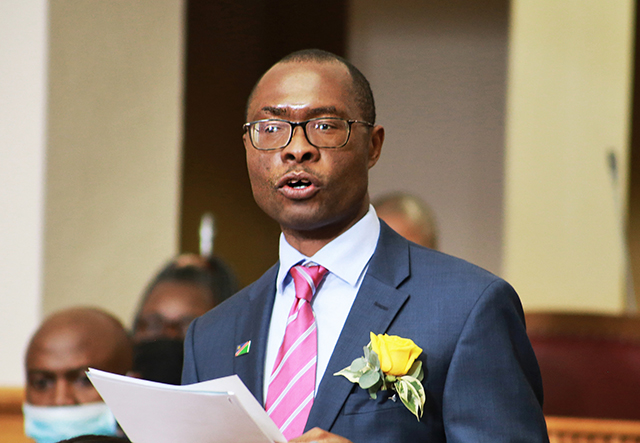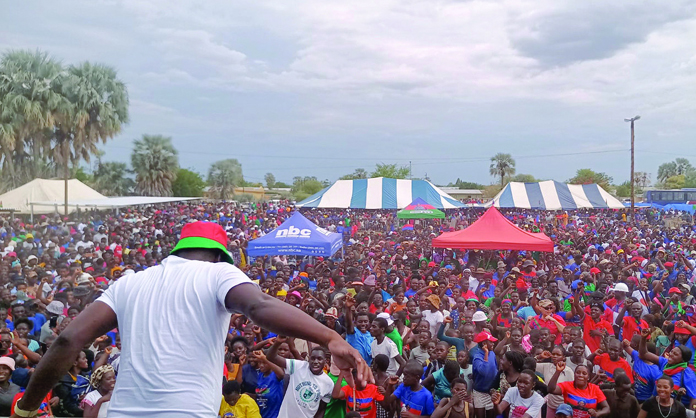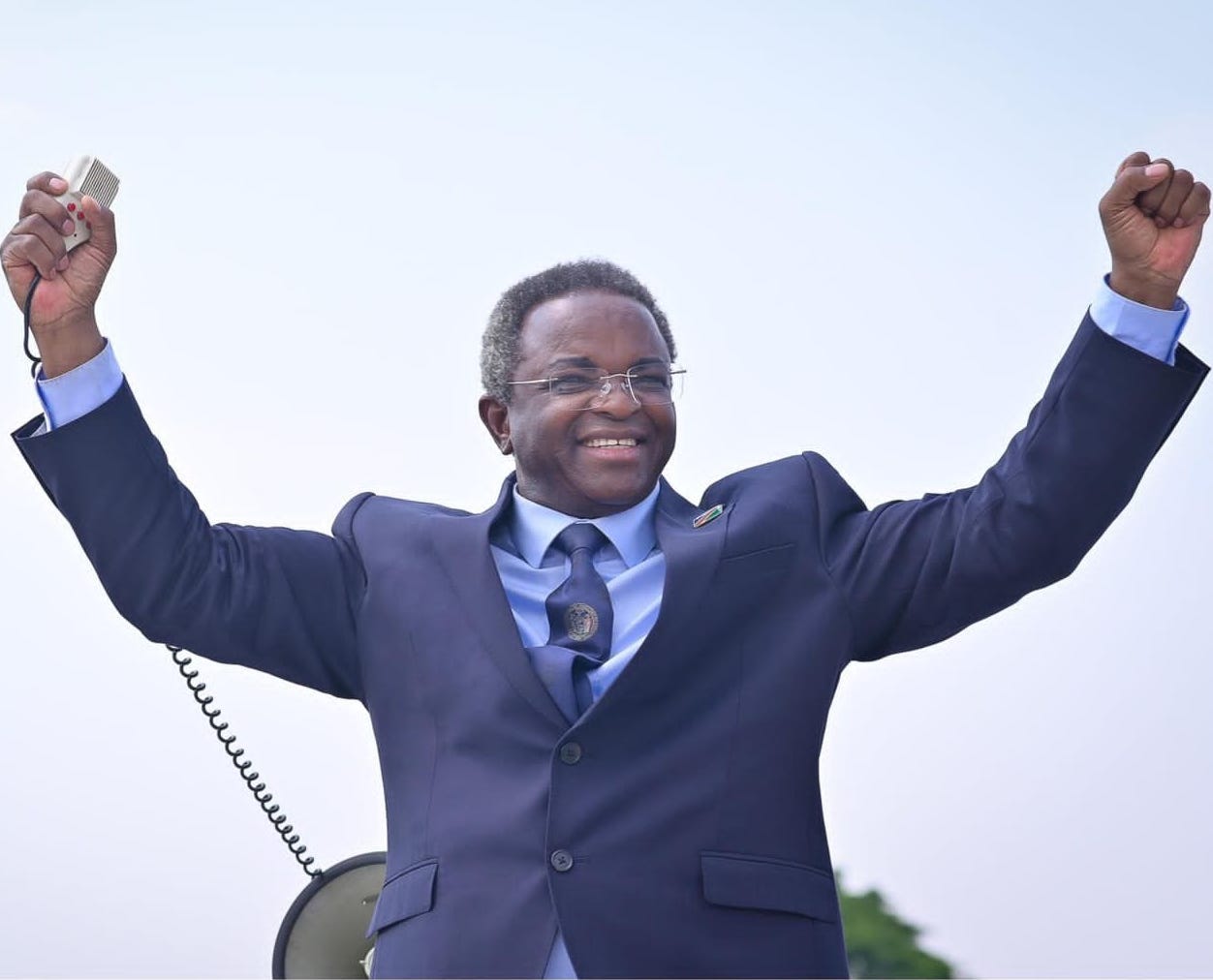Finance Minister Iipumbu Shiimi must help his fellow government leaders to appreciate that ‘ROE’ does not mean ‘return on ego’ if he wants to reduce the flow of taxpayer funds to debt repayments and bailing out non-performing parastatals.
They need to appreciate ‘ROE’ as ‘return on equity’ – the public resources, including taxpayer funds, they have been entrusted with to improve the lot of citizens.
Talking about the additional budget in the National Assembly on Wednesday, Shiimi expressed grave concern that debt and parastatal bailouts are getting worse, and that little money is left to spend on crucial needs like education, health, housing and economic development.
About N$12 billion of this year’s budget will be spent on paying interest on more than N$150 billion government debt.
The interest payment is nearly double the entire budget of N$6,5 billion allocated for developmental projects.
As a financial economist, Shiimi is well placed to help his political colleagues and bureaucrats understand that their misuse of state resources leaves little money to address poverty and developmental needs of Namibians.
The minister can start by explaining the use of concepts like ROE as important to determining how politicians deploy public resources to deliver on the promises of prosperity and social welfare they keep making to voters.
Currently, the government has little to show to the majority of Namibians for the N$154 billion borrowing accumulated since 1994 when South Africa wiped out all debt the country owed at independence.
Most of the money has been spent on pure vanity (i.e. ego) projects or over-investment in needed infrastructure, but with the costs inflated for the self-enrichment of a few politicians, bureaucrats and their cronies.
By the same token, the saga of too many poorly run parastatals and the amount of taxpayer funds they suck up to stroke egos is a long-running national tragicomedy with dire implications for the majority.
Recent vanity projects include the fuel storage facility (N$6,7 billion), Neckartal Dam (N$5,4 billion), and various government head offices constructed under another ego-driven scheme, the N$14 billion Targeted Intervention Programme for Employment and Economic Growth (Tipeeg).
Even where infrastructure projects can be justified as crucial for development, costs have been inflated for the apparent reason of kickbacks.
The mass housing project under president Hifikepunye Pohamba was a spectacular failure: Contracts went to cronies who did a shoddy job, on-sold the project to make a quick buck, or outright abandoned building the houses while continuing to live high on the hog.
As if no lessons have been learnt, the current government is already indicating it would use money expected to come from oil revenue (i.e mortgage the future) to invest in the risky green hydrogen experiment.
James Mnyupe, president Hage Geingob’s economic adviser, has indicated that Namibia needs at leatst N$16 billion upfront to pay for 24% shares in Hyphen Hydrogen.
One would hope minister Shiimi’s plea in parliament on Wednesday would give them pause for thought.
“As a developmental state, it is important to always prioritise economic and social development objectives in the design of fiscal policy,” Shiimi told parliamentarians.
Namibia’s borrowing of billions of dollars to build expansive ‘political roads’ (dual carriageways, bridges, and underpasses) shows unequivocally that government leaders use public funds to stroke their egos.
Why should Namibia build a completely new road to the airport at a cost of N$3 billion (and counting), but has yet to pave roads to income-generating tourism areas like Sossusvlei and Etosha?
Also, would it not be better, for instance, to combine road and rail infrastructure management so that funds collected can be used to repair the railway between the ports of Lüderitz and Walvis Bay connecting to the hinterland as well as landlocked countries?
Pumping funds into ego projects has meant that the main railway line is dysfunctional to the point that trains derail in the desert, leading to wasted products earmarked for export.
If Shiimi can stop the use of state funds for a return on ego (which also feeds corruption), and implore the need for a return on equity, the key challenge of delivering on developmental needs would be solved.
Stay informed with The Namibian – your source for credible journalism. Get in-depth reporting and opinions for
only N$85 a month. Invest in journalism, invest in democracy –
Subscribe Now!






